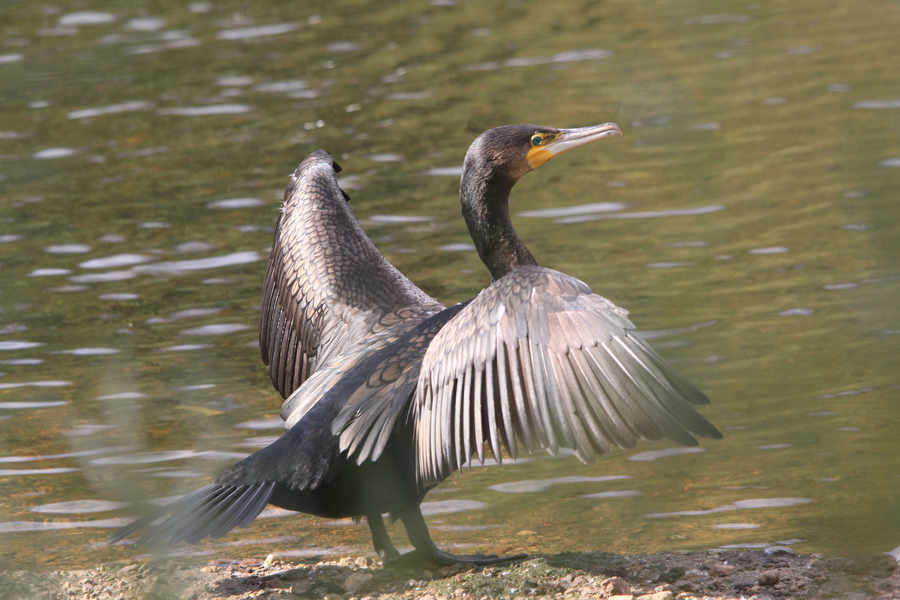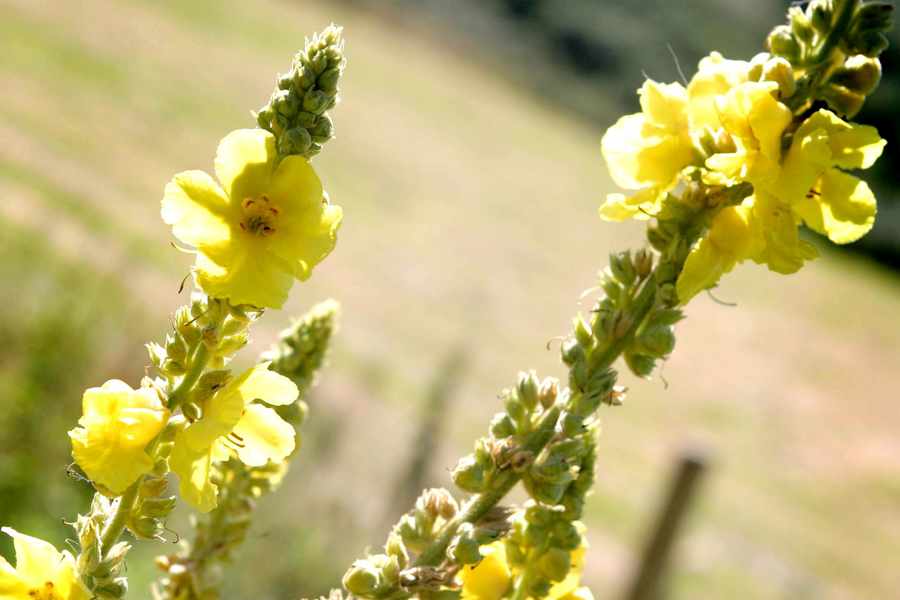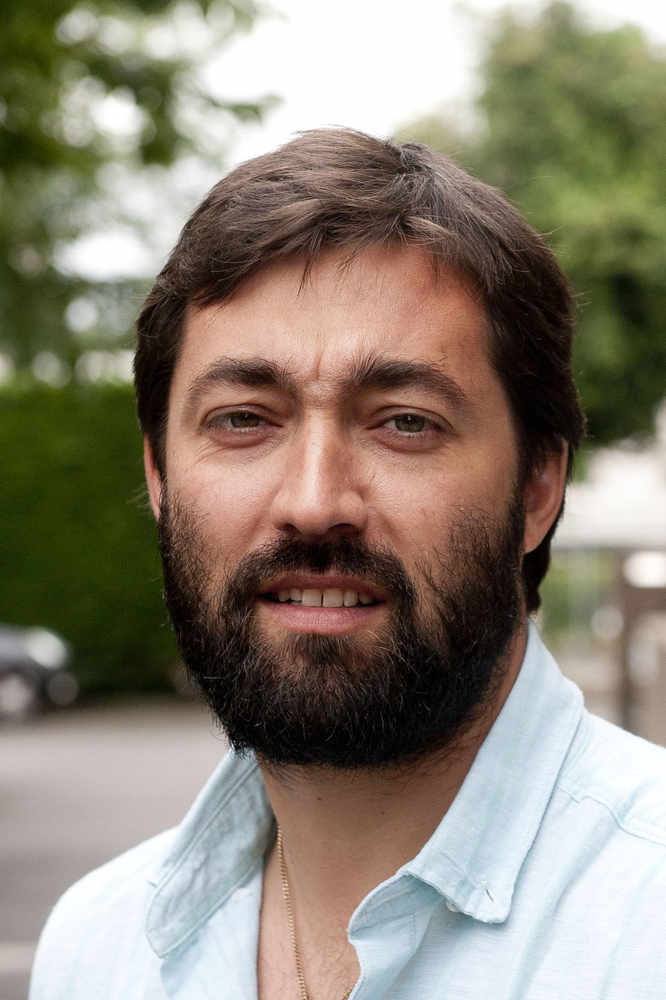But while the unseasonably warm weather has been welcomed by many Islanders, it is causing havoc for Jersey’s wildlife.
On the first day of the month the mercury rose to 19.2°C – making it the warmest November day on record, and temperatures have regularly reached the mid teens.

Click here to enter the JEP’s monthly Nature Watch photography competition. [/breakout]
Conservationist Mike Stentiford says that animals – including bats, hedgehogs and lizards – are baffled by the balmy autumnal conditions and they have delayed their hibernation as a result.
‘I have been really surprised by the amount of wildlife that’s still around,’ he said.
‘I have seen quite a few bats flying around and they should have disappeared by now.
‘There are also a few hedgehogs running around and that is very unusual for mid-November.
‘It’s just not cold enough for them at the moment – the food is there and the temperature is right and as long as that continues they won’t hibernate.’
And according to Mr Stentiford, it is not just mammals that are being affected.
‘We have lots of insects and flies around because the temperature has remained so high.

‘I know quite a few people have had ladybirds in their homes recently.
‘Because the nights are so warm, there are still an awful lot of moths – something which is keeping the bats away from hibernation.

- Rising temperatures are influencing the sex of Hawksbill turtle hatchlings, with more females than males being born
- The diet of some songbirds is changing, with some avoiding insects that consume leaves exposed to high levels of carbon dioxide
- Marmot squirrels in North America are ending their hibernations about three weeks earlier than they did 30 years ago[/breakout]
‘Having the insects is great news for garden birds such as robins and blackbirds as it means they have lots of food.’
Mr Stentiford added that many plant species had continued to bloom later than normal – and that he suspects global warming is to blame.
‘Lots of plants seem to be blooming quite late this year,’ he said.
‘The evening primrose is still particularly strong and there is still so much pollen in the flowers.
‘There are changes happening all over the place due to climate change.
‘Fifty years ago we had very defined seasons but now you could look out the window and a lot of the time you won’t be sure what month it is.
‘Wildlife acts as a great barometer for what is going on and we are certainly seeing changes.’
By Bram Wanrooij

IN spite of the appalling events in Paris this weekend, France has said that the city will still host the 2015 United Nations Climate Change Conference at the end of this month.
Many say this is the last chance for our global community to reach a binding agreement on CO2 reductions to save the planet from overheating and eventually flooding. It is safe to say that the stakes are pretty high.
A report by the American Association for the Advancement of Science, the world’s largest scientific society, stated in 2014: ‘Most projections of climate change presume that future changes – greenhouse gas emissions, temperature increases and effects such as sea-level rise – will happen incrementally. A given amount of emission will lead to a given amount of smooth incremental sea-level rise. However, the geological record for the climate reflects instances where a relatively small change in one element of climate led to abrupt changes in the system as a whole.
‘Pushing global temperatures past certain thresholds could trigger abrupt, unpredictable and potentially irreversible change and unstoppable processes are set in motion. The problem and its consequences are no longer something we can control.’
In other words, the world is rapidly approaching a so-called tipping point. Beyond that, there is no turning back.
We all need to take heed. The climate is part of our ‘commons’. In Jersey, especially, we depend on a calm, peaceful relationship with our natural environment, as anyone who has experienced travel disruptions due to fog, rough seas or winds will no doubt tell you.
For too long now, our relationship with the planet has been based on ‘extractivism,’ an economic model based on removing increasing quantities of raw materials from the earth and adding ‘value’ to them. Our predictions on economic growth are based upon limitless access to energy sources which happen to be finite. There is a definite contradiction there. And more importantly, it has proven to be unsustainable.
Extractivism is the opposite of stewardship, which also involves taking, but is aimed at regeneration and balance. If energy sources sustain us, should we not return the favour?
In 2011 the Jersey States commissioned a study into the feasibility of tidal energy to supply our island. Its recommendations were mainly positive. Jersey has a unique option to diversify its energy supply, and in turn the Island could both create sustainability and generate ‘green jobs’. If we allow ourselves to dream just for a couple of seconds, we could imagine our own domestic electricity supply powering our locally produced electric cars, which would be specifically designed to navigate our tricky country lanes.






